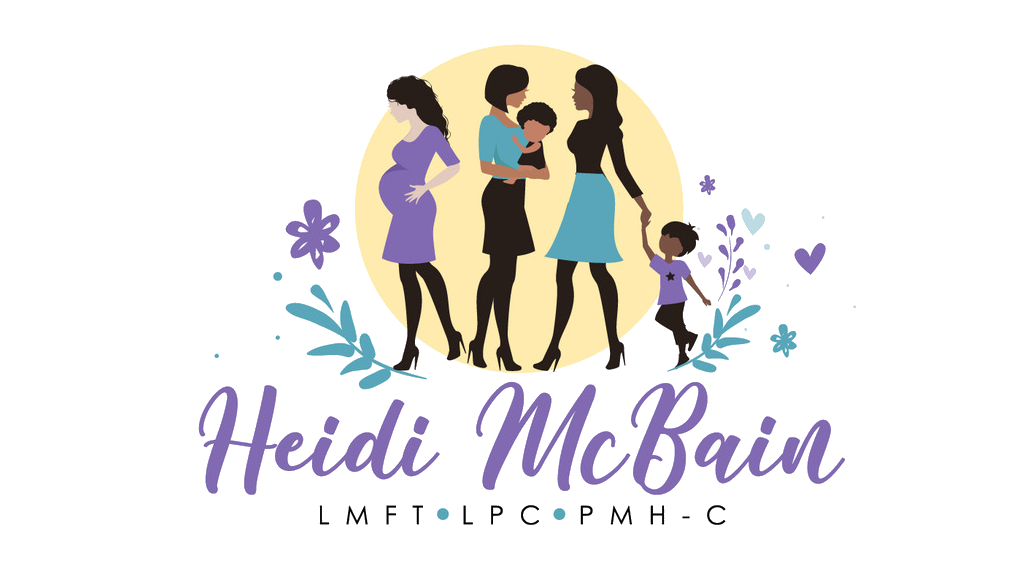

Anxiety happens when you think you have to figure out everything all at once. Breathe. You’re strong. You got this. Take it day by day.
-Karen Salmansohn
My daughter recently stated that I was a very bad listener. That stopped me in my tracks as I listen for a living, and often pride myself on my listening skills. All that being said, I was willing to take a step back to try and figure out what was going on from her perspective, and to also empathize with how she was feeling towards me in that moment. What I realized is that now that she’s driving to and from school to practice for her upcoming driving test, the times that used to be filled with listening and connection with me driving her places, are now filled with anxiety for me around being in the car with a new driver. When I was able to describe the anxiety that was in my head out loud for her, it turned out to be a place of connection between the two of us.
Here are some common symptoms of anxiety to look out for in your own life:
⦁ Frustration
⦁ Irritation
⦁ Overwhelm
⦁ Constant thoughts running through your head
⦁ Intrusive thoughts
⦁ Excessive worry about your future
⦁ Anger
⦁ Restlessness
⦁ Agitation
Would you add anything to this list?
This list also got me thinking about other times in my mom life when my anxiety was heightened, such as during postpartum with my son. Before pregnancy and postpartum, anxiety is often focused on you and all your worries and fears about the future. During pregnancy and postpartum, anxiety presents differently in that the worries and fears are focused on your baby or something happening to you and your partner where you’re unable to take care of your baby. This was true for me personally after having my second baby.
According to Postpartum Support International, “Approximately 6% of pregnant women and 10% of postpartum women develop anxiety. Sometimes they experience anxiety alone, and sometimes they experience it in addition to depression.” Anxiety is probably more common than many people might think in both pregnancy and postpartum.
Here are some common symptoms of postpartum anxiety to look out for during the first year of your baby’s life:
⦁ Intrusive thoughts
⦁ Restlessness
⦁ Lashing out at your partner or older kids
⦁ Feeling overwhelmed by motherhood
⦁ Agitation
⦁ Restlessness
⦁ Anger
⦁ Constant thoughts about your baby’s safety
⦁ Feelings of guilt
⦁ Irritability
Would you add anything to this list?
There are also many things you can try to help you lower your heightened distress and break the anxiety cycle itself, such as:
⦁ Try distracting yourself- try focusing on other people, watching a show, reading a book, etc.
⦁ Look for ways to emotionally connect with your loved ones- play a game with your kids, listen to your partner talk about their day, etc.
⦁ Find someone who can actively listen to you talk about your difficult day such as your spouse, best friend, therapist, etc.
⦁ Do something relaxing before bed- listen to a guided meditation, journal to help you better process your day, etc.
⦁ Get a good night’s sleep- if you’ve had a draining day, try to start your bed time routine earlier than usual so you can get a sufficient amount sleep. Hopefully you’ll wake up feeling rested and refreshed the next morning. Also keep in mind that when your sleep goes down, anxiety usually goes up.
⦁ Self-care- focus on your normal self-care activities and add more if need be, such as a quiet mediation, mindfulness, exercise, stretching, etc.
⦁ Allow yourself time and space to feel your feelings- what made you feel happy today? Sad? Mad? Scared? Grateful?
⦁ Make plans with family or friends outside of the home- sometimes getting out and being social can help on so many levels.
⦁ Find a daily mantra that’s helpful to you- Things will be fine. You’re strong. Be here now.
Sometimes just being able to acknowledge and name the anxiety can be helpful in and of itself. And, if you’re able to add some laughter and humor in here around the anxiety, that can be helpful to your healing as well. However, depending on the severity of your anxiety symptoms, you may need to reach out to a medical doctor or therapist in your area to help you feel better and more like yourself again.



